6 unusual habits that turned Nvidia into a $2 trillion company
With Nvidia toppling Microsoft as the world’s most valuable company yesterday, it seemed fitting to spend some time on its co-founder and CEO, Jensen Huang. The 11th richest person in the world, the Taiwanese-American businessman and engineer has guided Nvidia to its current $3.34tn valuation, nearly twice what it was worth at the start of the year.
Typically, Huang himself doesn’t spend as much time in the spotlight as other celebrity founders and CEOs, like Elon Musk and Mark Zuckerberg, so there’s a good chance you don’t know much about him outside of Nvidia’s success.
Here’s a quick recap, plus the 6 unusual leadership habits that have shaped Nvidia into the world’s most valuable company.
The Lowdown on Nvidia’s Jensen Huang
Huang was born in Taiwan in 1963 and moved to Thailand aged 5. At the age of 9, Huang and his older brother were sent to live with an uncle in Washington. He went to school in Kentucky, even teaching his boarding school roommate to read in exchange for bench-pressing lessons, until his parents moved to Oregon. Huang graduated high school two years early at 16, and received a master’s degree in electrical engineering from Stanford in 1992. He worked at AMD before founding Nvidia in 1993.
Huang drafted the paperwork for Nvidia with his 2 co-founders at a Denny’s (the same chain where he worked his first job as a busboy) in California, 1993, and has run the company ever since as President and CEO.
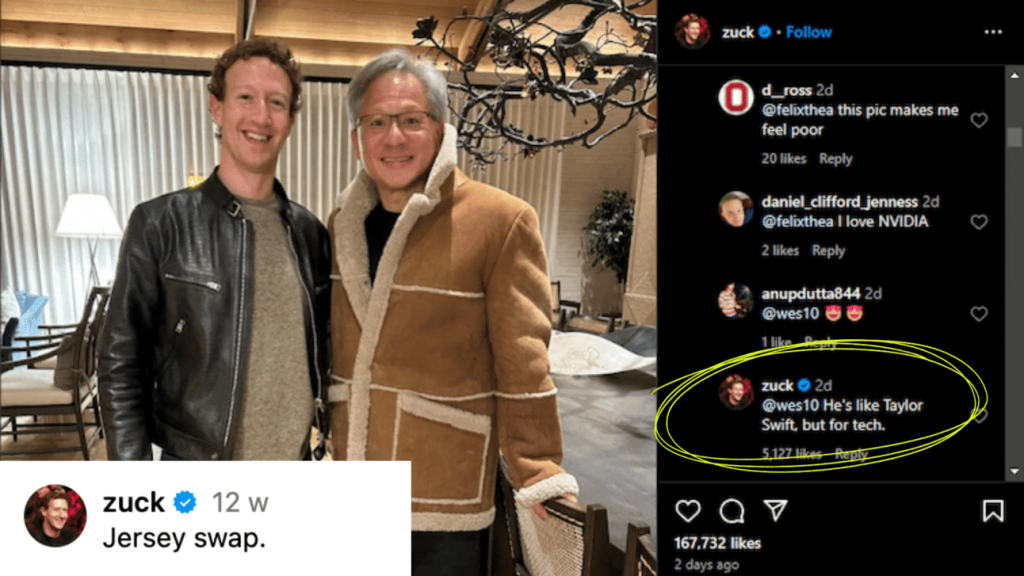
Historically, Nvidia was only well-known among gamers and graphics experts. A Fortune profile even said in 2017, “If you haven’t heard of Nvidia, you can be forgiven.” But like everything else, AI changed that. Huang became more widely known — news outlets began to throw around the term “Jensanity” in reference to Huang’s newfound celebrity status in Taiwan and he stole the show at Computex 2024, despite not being on the official program.
“There’s a war going on out there in A.I., and Nvidia is the only arms dealer”
New Yorker
So why is Nvidia so important to the AI boom? Generative AI relies on GPUs (Graphics Processor Units), also commonly referred to as AI chips, for 3 key reasons:
- GPUs employ parallel processing.
- GPU systems scale up to supercomputing heights.
- The GPU software stack for AI is broad and deep.
Nvidia achieved dominance by recognizing AI as a key player early on and tailoring its GPUs to those tasks. Despite an onslaught of competition, Nvidia makes up more than 70 percent of A.I. chip sales, and more than 90 percent of neural networks are being trained on Nvidia GPUs.
How to Work Like Jensen Huang
1/ 14hr Workday
Huang wakes up at 6 AM and starts work right after exercising (remember that bench press training I mentioned earlier?) But even more central to Jensen Huang’s morning routine is his mindset. Despite the company’s huge success, he describes himself as anxious.
“I don’t wake up proud and confident — I wake up worried and concerned”
That’s because he’s still haunted by Nvidia’s brush with bankruptcy. In 1994, Nvidia signed a $5M contract with Sega to make chips for their consoles. They failed (and worse still, in 1995 Microsoft’s DirectX became the industry standard, which Nvidia’s chips weren’t compatible with.) The company only survived thanks to an investment from Sega’s CEO, Shoichiro Irimajiri.
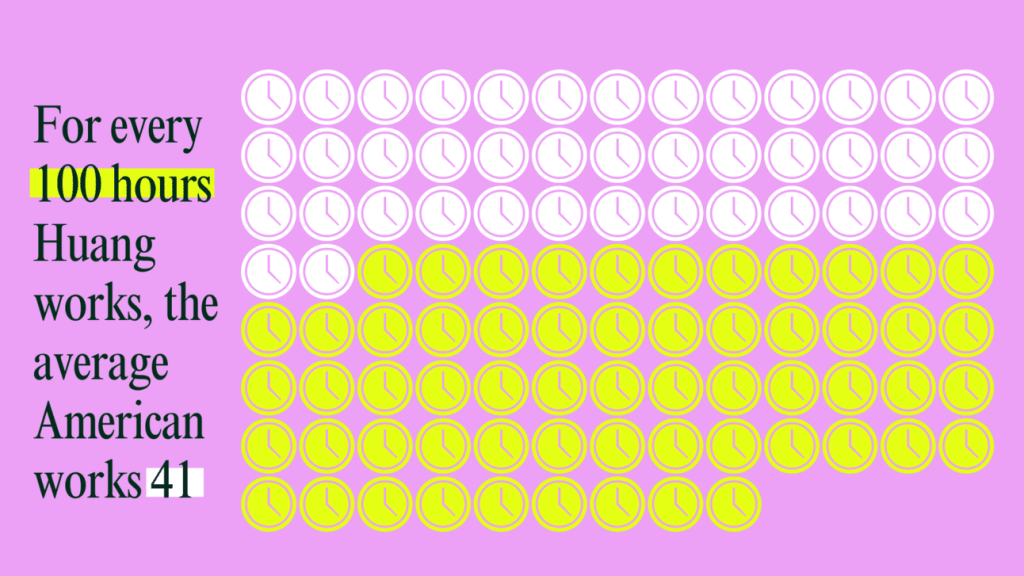
2/ Zero Holidays
Actually, Huang has zero “switched-off” time at all. Huang works 7 days a week, every week. “There is hard work and then there’s insanely hard work,” he said.
“When I’m not working, I’m thinking about working,” he says. “I sit through movies, but I don’t remember them because I’m thinking about work.”
Huang has also said that he “relaxes all the time” because he loves what he does, and thus his work day is restful to him. But his definition of relaxation seems to be a bit unconventional.
3/ Pain Builds Character
Huang says the best jobs don’t “bring you happiness all the time”, because without hardship you can’t “really appreciate what you’ve done.”
“Resilience matters in success. I don’t know how to teach it to you except [that] I hope suffering happens to you,” Huang says. “To this day I use the phrase ‘pain and suffering’ with great glee”
But this isn’t the only experience that Huang believes builds character. He’s described how his experience as a busboy at Denny taught him “humility, hard work, how to be empathetic to other people, trying to bring joy to somebody — all of those things are all good life skills.”

4/ Eat with Employees
Huang eats lunch and dinner at the company cafeteria, chatting with employees. He says it surprises people.
“People are surprised how much time I spend eating in the cafeteria, whether it’s lunch or dinner, people are surprised how much I spend in meetings of all kinds with all the employees.”
Jensen Huang
It’s part of what Huang describes as his role as “custodian of the culture,” which he sees as his “No. 1 job function” and “most important responsibility.” By maintaining company culture and strong relations with employees at all levels of Nvidia, Huang has become one of the longest-running tech CEOs of all time — and one of the most popular.
“He saw this AI mania coming 10+ years ago. I trust him completely,” one Nvidia employee said. Last year, Huang topped the CEO ranking released by professional social network Blind with an approval rate of 96%.
5/ 60 Direct Reports
Huang has a very engaged management style. He believes in giving people across the company “equal access to information” and “the reasoning” behind the company’s direction, regardless of seniority.
“[Execs] never hear me say something to them that is only for them to know. There’s not one piece of information that I somehow secretly tell the staff [that] I don’t tell the rest of the company.” In fact, he doesn’t do one-on-ones at all.
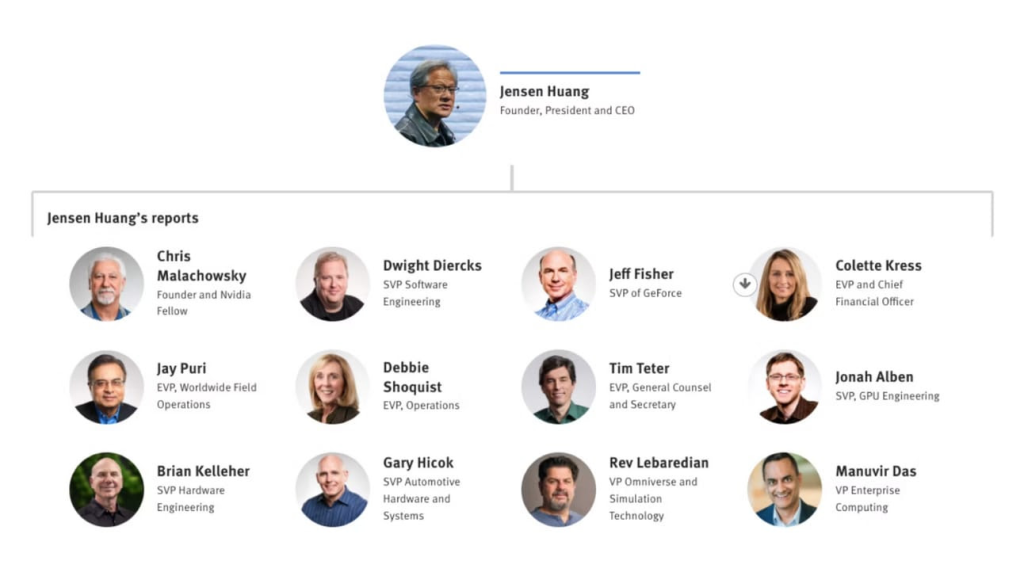
Huang even has people from all levels of the company email him a concise list of the most important things they’re working on that week.
He also thinks the CEO should always have the most people reporting to them, with 60 executives reporting to him directly. But he also believes those execs should be the most independent people in the company.
“The people that report to the CEO should require the least amount of pampering and so I don’t think they need life advice. I don’t think they need career guidance. They should be at the top of their game, incredibly good at their craft.”
Jensen Huang
6/ Clear your Calendar
“As a CEO, your time is not always yours and so you need to have the discipline to make it yours,” Huang says.
He regularly comes into work and tells admin to clear his calendar for the day, to ‘reclaim’ the time.
His other solution to lack of time? “As a CEO, not sleeping is a good choice”



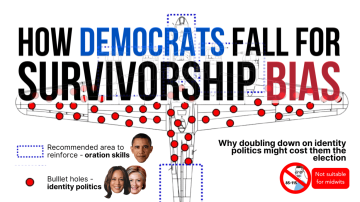

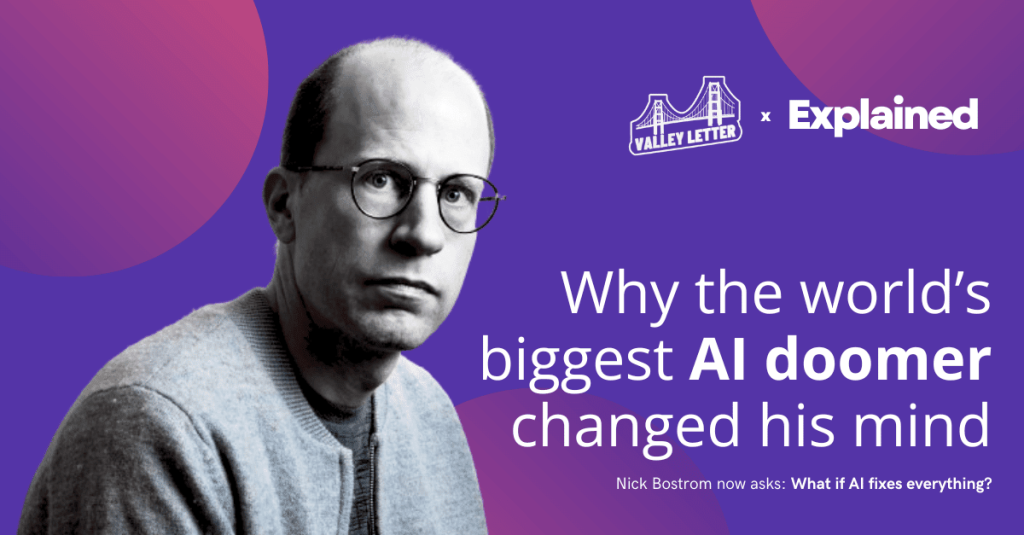
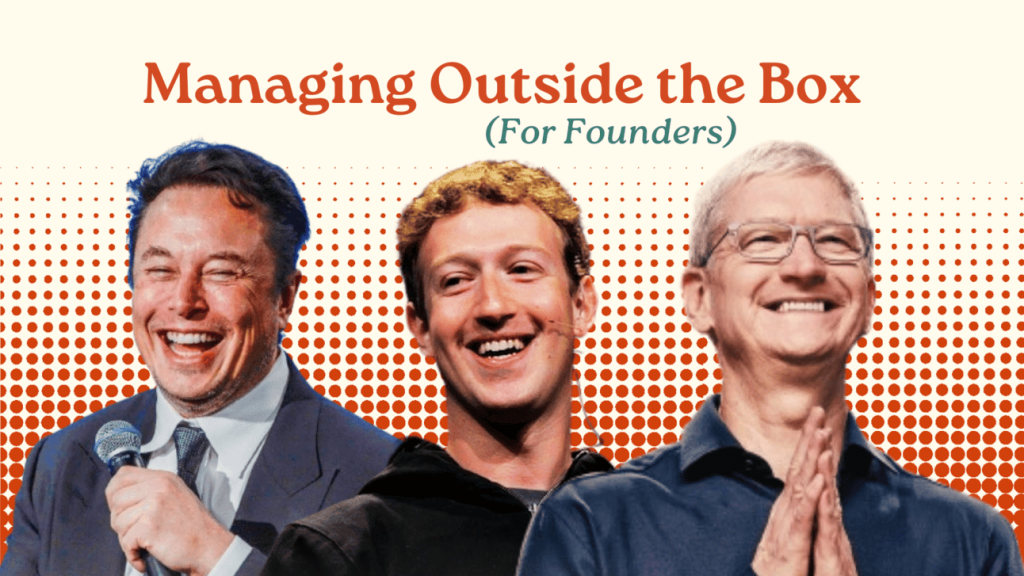

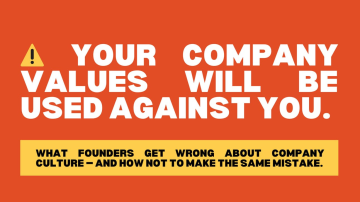
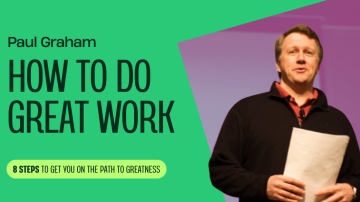
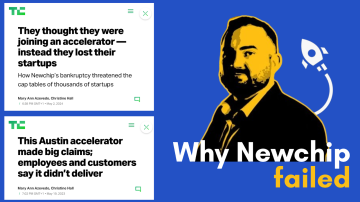
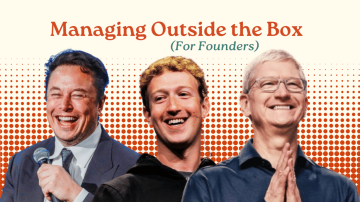

55winvip, huh? Sounds kinda exclusive. Wonder if it’s worth the VIP treatment. Anyone a member? What are the perks? Tell me about 55winvip!
Great breakdown! For sports bettors, AI tools like the AI Analytics Assistant can offer valuable insights, helping to refine strategies with data-driven predictions.
S666welcome gives you a generous welcome bonus. I have been playing with it for awhile. Don’t miss it s666welcome.
666pgame, tried a few rounds. Decent selection and pretty smooth gameplay. Worth checking out if you’re looking for something new: 666pgame
Yo, been playing on mx77 for a bit now, and gotta say, it’s alright. Nothing crazy, but it gets the job done when I’m looking for a quick game. Check it out here: mx77
Hey guys, been using 5gjililogin to access the platform. The interface is smooth, and I haven’t had any issues logging in. Definitely makes things easier. Check it out 5gjililogin.
Gotta say, casino55ace has been treating me alright. Good selection of games and the payouts are decent. Give it a shot when you’re feeling lucky. More info here casino55ace.